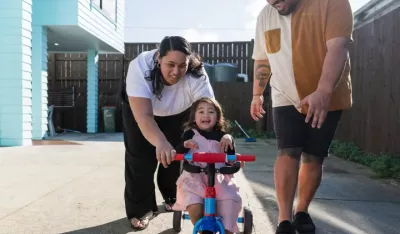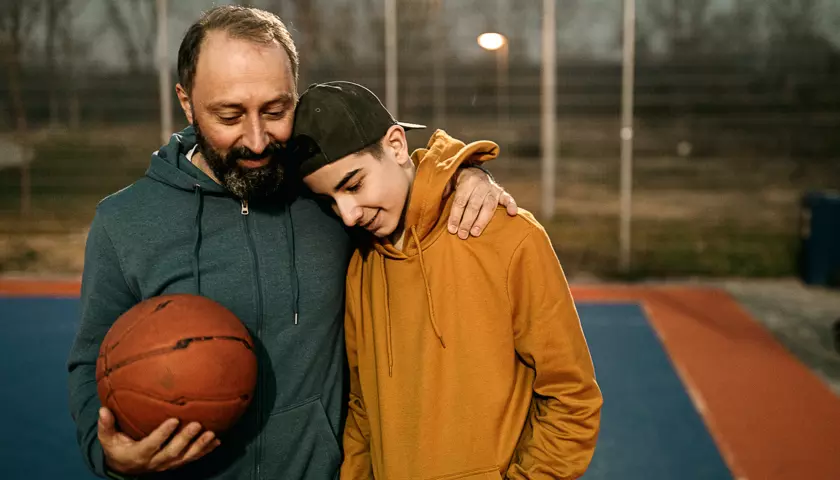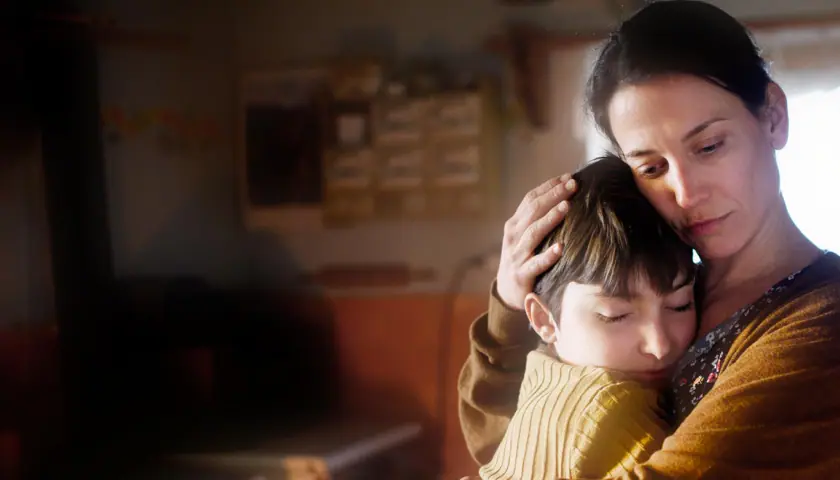Positive ways to take the worry out of parenting
Support your children to cope with challenges – Triple P programs have many simple strategies you can start using right now!
- Promote your child’s or teenager’s emotional well-being.
- Make family life more enjoyable for everyone with routines and rules that really work.
- Backed by 35+ years of research studies here and around the world.
You might be interested in…

Preventing temper tantrums
Some things parents do to try to stop tantrums can actually make them worse. Find out more about why tantrums occur.

Anxiety-coping skills for kids
Anxiety in kids and teens is at record levels, but now parents can teach effective skills and strategies to dramatically reduce it.
Articles and News
Catch up on Triple P’s articles to help you confidently navigate every stage of your parenting journey. We also share real-life stories, news and more.

Pressing pause on tech tantrums
Turn screen struggles into teachable moments with simple, practical tips to help kids of all ages build healthier screen time habits

Reframing routines – helping our kids cooperate
Discover how reframing routines can help kids cooperate, reduce conflicts, and ease daily challenges, creating a calmer and more connected family life.

The day-to-day challenge of finding balance
Finding balance as a parent can feel challenging, but it is possible with these practical tips for reducing stress, prioritising well-being, and improving mental health.
Find which course suits you best
Every family’s different, so we make it easy to choose the parenting support that fits your situation.
We're here to help your family
More than 4,000,000 children and their families have been helped by Triple P – in fact, we help parents and families right around the world, in more than 25 countries. So we can help you, too!
Contact Triple P
Thank you for your message!
We’re here to help your family
We will reply to your email as soon as we can.
(Don’t forget to check your inbox and junk/spam emails for our reply.)











